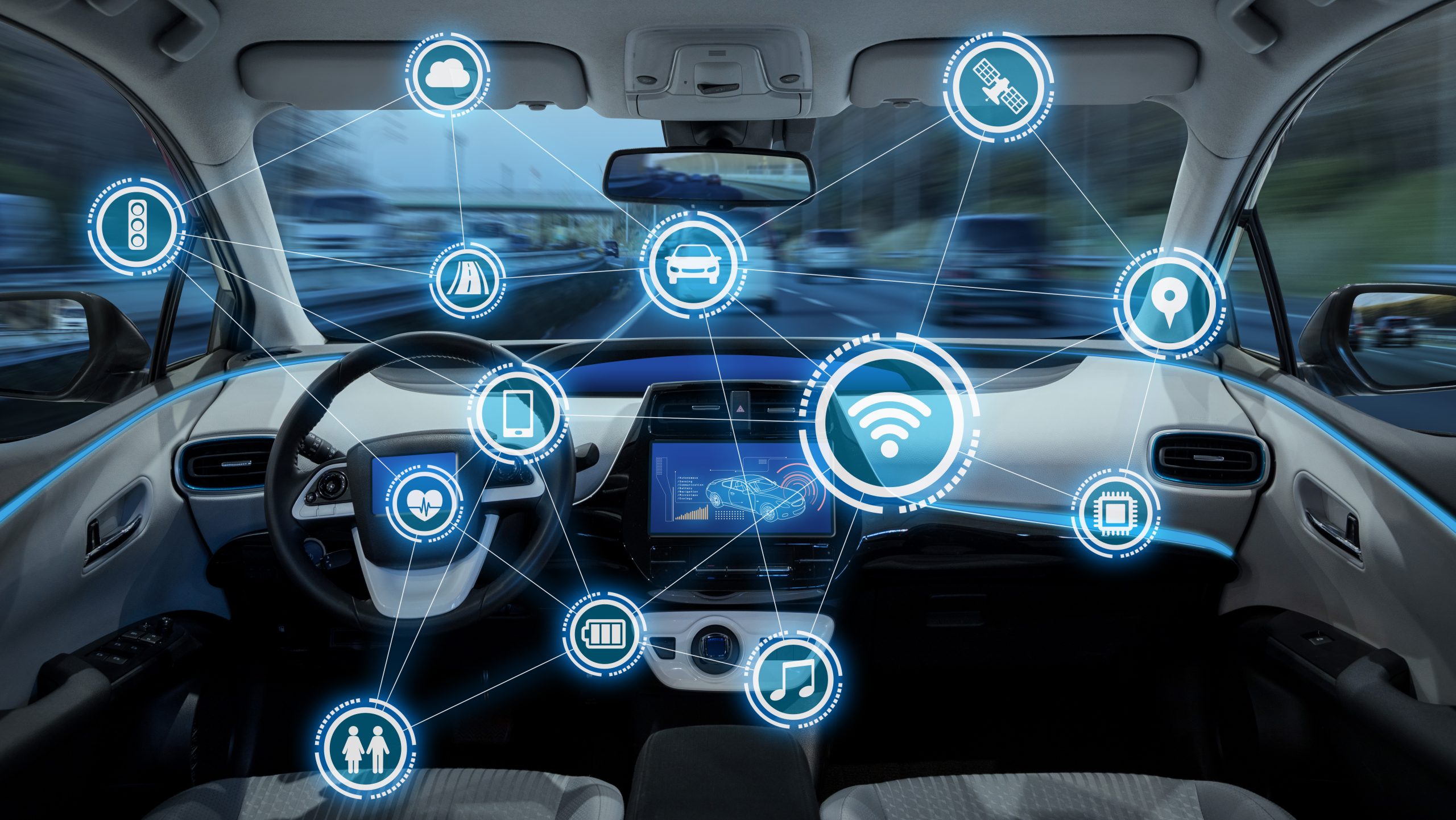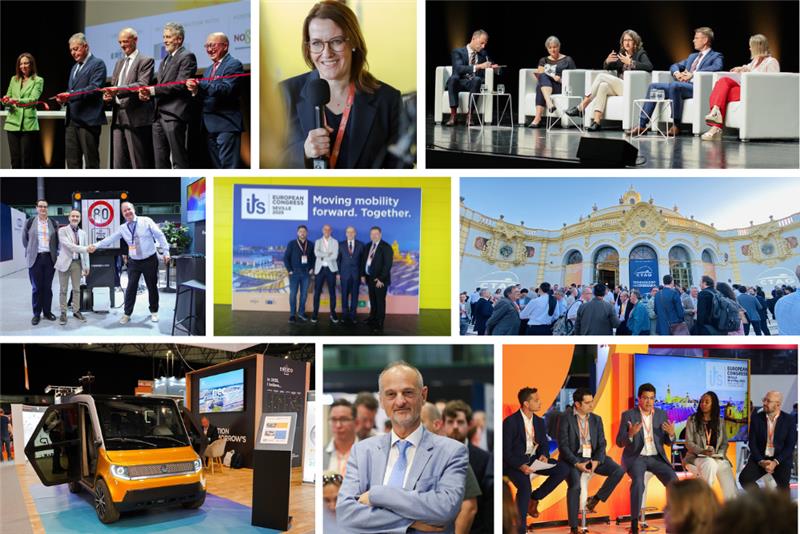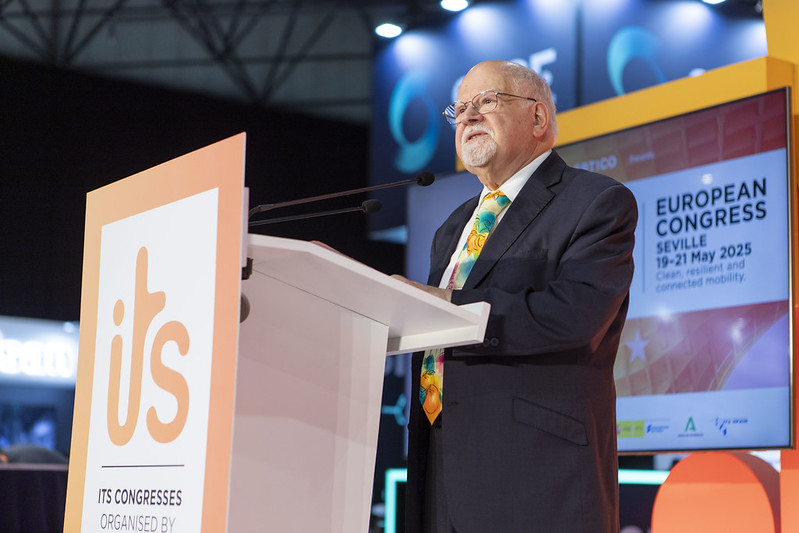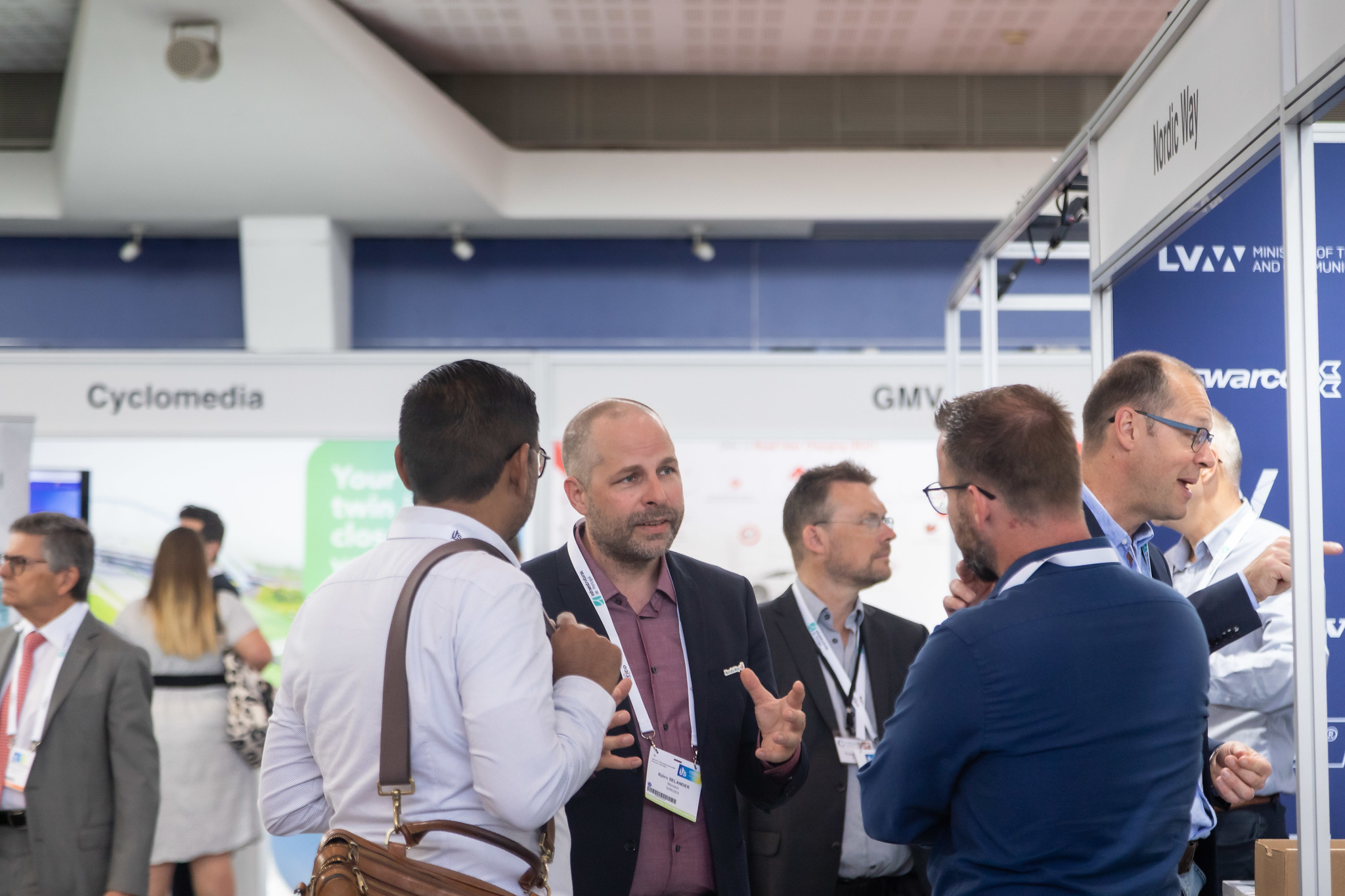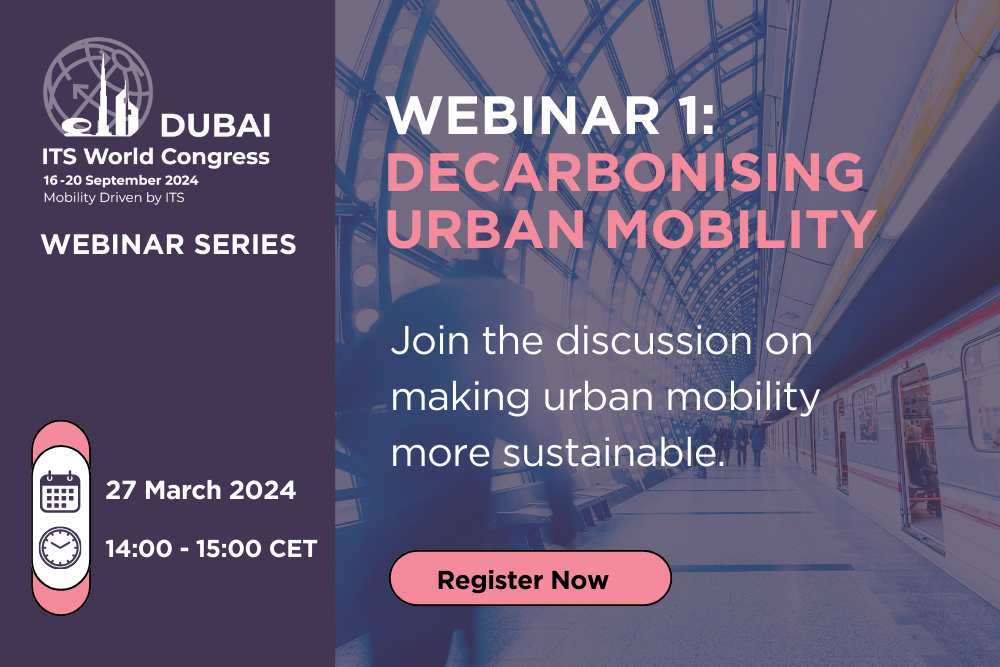Our focus shifts to Automated Mobility on Thursday 19 September, looking at sessions with a strong safety theme from different perspectives such as systems’ intelligence, role of enhanced maps, behavioural changes or freight operations.
SIS 70 (Connected and automated intelligence improving safety for vulnerable road users) will provide an update on recent developments in Cooperative Intelligent Transport Systems in terms of their potential for significant reduction of severe accidents and fatalities. The applications reviewed will focus on vulnerable road users such as pedestrians and two-wheeler vehicles.
TS 24 (Mapping and location determination) reports on developments with key ingredients of safety systems. Paper 297 describes work carried out with the Dubai Municipality on automating the large-scale production of high-density maps in the Emirates using mobile LiDAR, AI, and unsupervised machine learning. Paper 385 studied how external human-machine interfaces act as communication tools between autonomous vehicles (AVs) and pedestrians. The research demonstrated ways to significantly improve pedestrians’ sense of safety, their understanding of the AV concept, and their speed of decision-making and willingness to cross the street.
RF 1 (Safety potential of connected automated vehicle technologies for freight operations) reveals what enhanced safety features, based on vehicles’ connectivity and automation, means to the freight transport sector and society-at-large.
From exploring communication technologies to envisioning future safety systems, Thursday’s sessions provide valuable insights into the future of transportation safety.
Join us as we continue to explore these dynamic discussions and developments in our upcoming overview of each day of the Congress!
Register now to benefit from the early bird rates:
